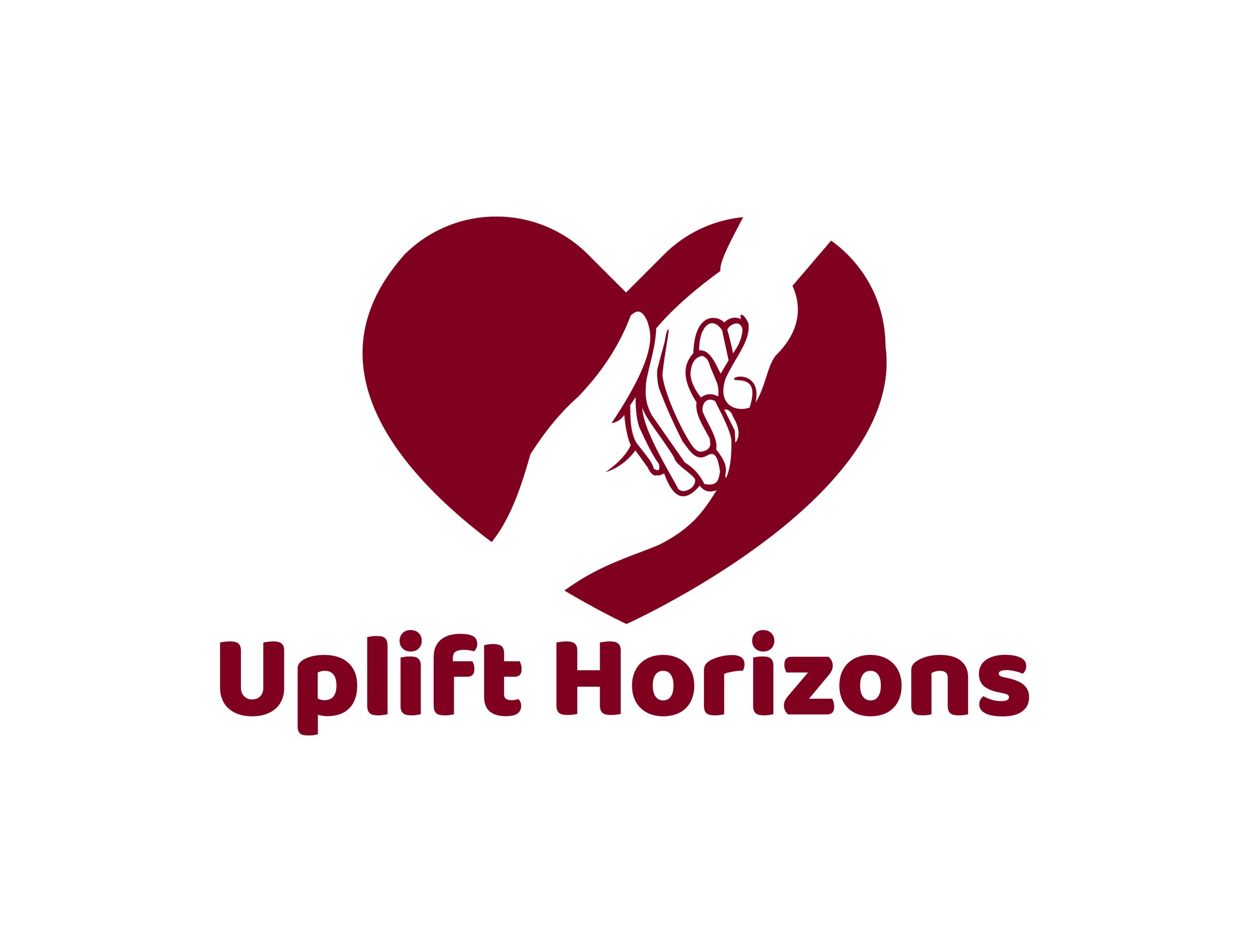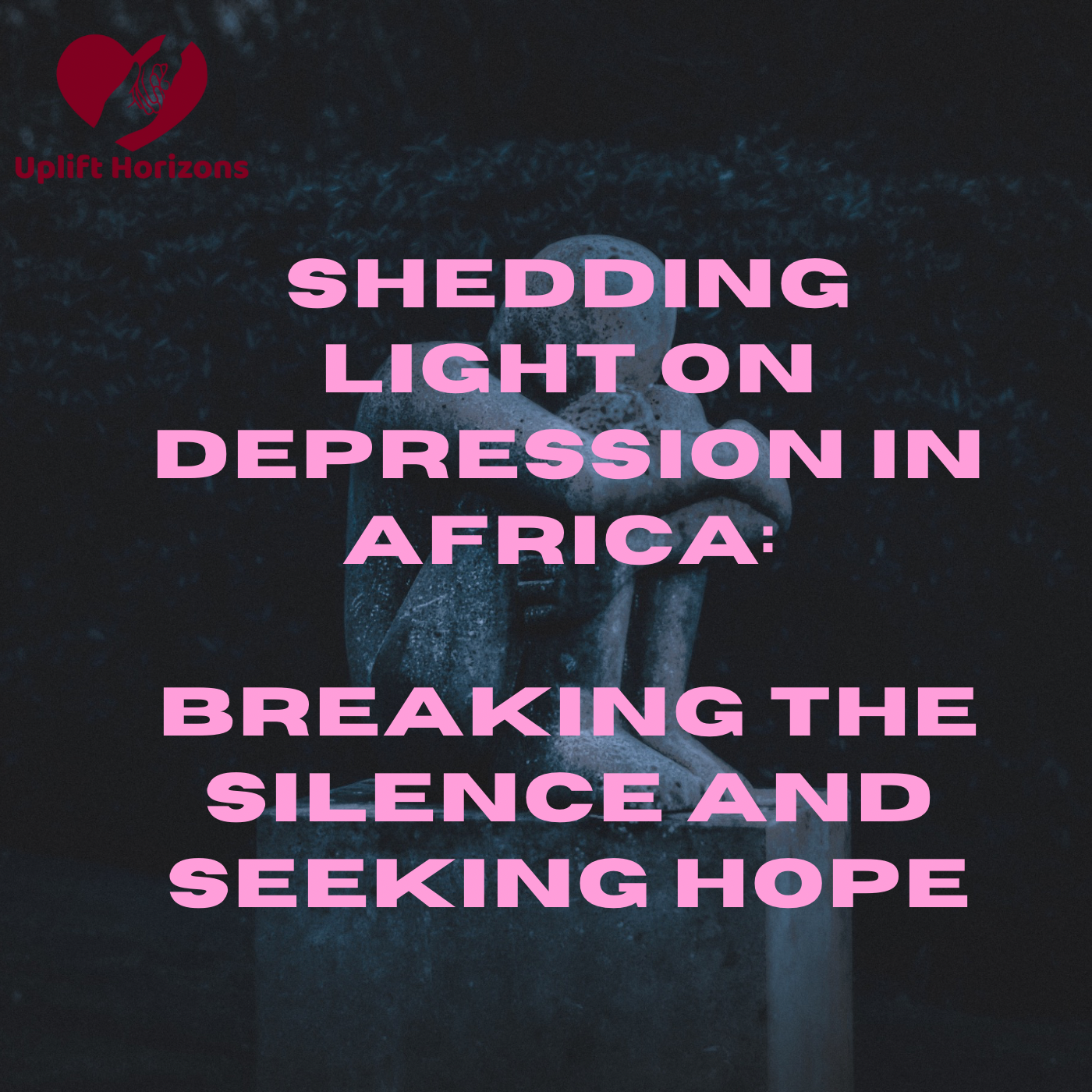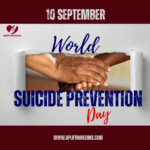Depression, often referred to as the “silent epidemic,” knows no borders, affecting millions of lives worldwide. In Africa, a continent known for its diverse cultures, vibrant communities, and resilience, depression remains a significant yet often overlooked challenge. As we navigate the complexities of modern life, it’s crucial to understand the impact of depression in Africa and work collectively to break the stigma surrounding mental health.
The Burden of Silence:
Depression in Africa is a multifaceted issue that intersects with culture, socio-economic factors, and access to mental health services. Stigma and misconceptions surrounding mental health have long contributed to a culture of silence. In many African societies, discussing emotional struggles is seen as a sign of weakness, further isolating those in need. As a result, individuals often suffer in silence, their struggles hidden behind smiles and stoicism.
Cultural Perceptions and Challenges:
A critical aspect of understanding depression in Africa is acknowledging the cultural diversity that characterizes the continent. Different cultures have unique perspectives on mental health. While some communities may attribute mental health issues to supernatural causes, others may consider them a product of personal weakness. These attitudes can hinder open conversations and deter individuals from seeking help.
Socio-economic Factors:
Socio-economic challenges in Africa, such as poverty, limited access to quality healthcare, and lack of education, exacerbate the impact of depression. These factors contribute to a cycle where individuals facing economic hardships are more susceptible to depression, while depression itself can impede an individual’s ability to escape these challenges.
Hope on the Horizon:
Despite the challenges, positive shifts are occurring across Africa. Grassroots organizations, mental health advocates, and healthcare professionals are working tirelessly to raise awareness and provide support. Initiatives like World Mental Health Day, held annually on October 10th, serve as rallying points to emphasize the importance of mental health conversations.
Redefining Strength:
It’s essential to redefine strength in African contexts. Seeking help and opening up about mental health struggles isn’t a sign of weakness; it’s a display of courage and resilience. Celebrities, community leaders, and individuals from all walks of life are sharing their stories, encouraging others to do the same.
Access to Support:
Addressing depression in Africa requires a multi-pronged approach. Governments need to allocate resources for mental health services, improve accessibility to treatment, and integrate mental health education into school curricula. Community-level interventions, such as support groups and awareness campaigns, can make a significant difference.
Empowering African Youth:
African youth, the driving force of the continent’s future, play a crucial role in reshaping attitudes toward mental health. By fostering open conversations, advocating for change, and utilizing digital platforms to share information, young Africans can contribute to dismantling the stigma associated with depression.
Depression in Africa is a challenge that can no longer be ignored. It’s a battle against stigma, misinformation, and silence. By recognizing the cultural nuances, addressing socio-economic factors, and promoting open conversations, we can create an environment where mental health is prioritized, and those struggling with depression can find the support they deserve. As Africa moves forward, let us work together to break the chains of silence and build a brighter, more mentally healthy future for all.





